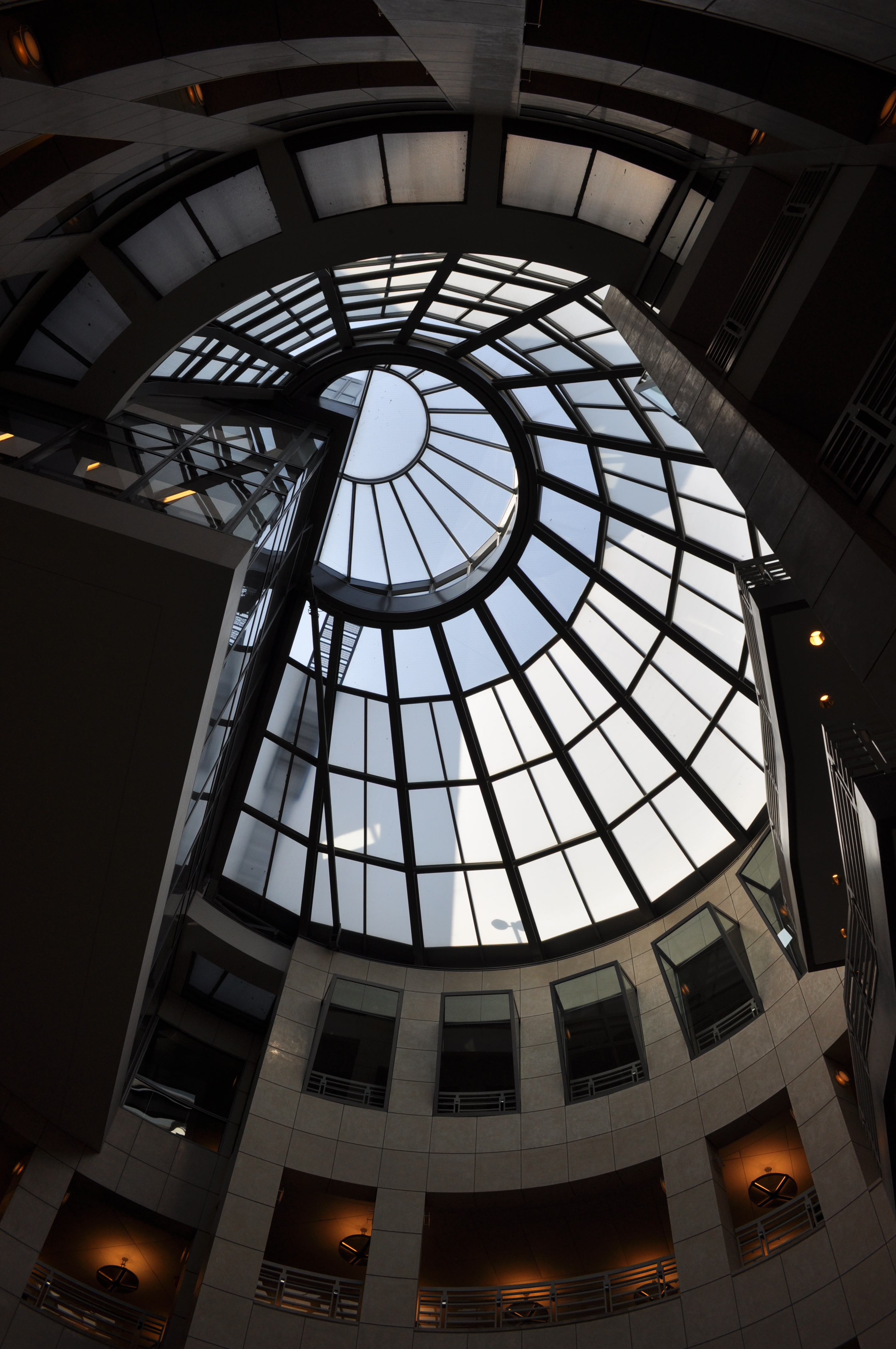This was an AMAZING keynote given by two women, who work in the San Francisco Public Library (SFPL). Leah Esguerra is a California Licensed Marriage and Family Therapist (LMFT). She is the nation's first full-time library social worker. Jennifer Keys has been a Health and Safety Associate (HASA) since May 2017 at the San Francisco Public Library. While working at a HASA at SFPL, she has successfully completed a
course in Peer Counseling and is now a Certified Peer Specialist. Both are employed by the San Francisco Department of Homelessness, and are deployed in the library. Jen is one of six (6) HASAs and there are plans to employ 10 more.
Leah spoke first about her role at SFPL as a full-time social worker. She has worked there since 2009, serving the poor and disenfranchised. She noted that social work and librarianship are two different professional with similar missions.
Staff
have different understandings of the community, including
misconceptions. Staff often have different levels of compassion. Part of her role is to do training for staff on a variety of topics.
HASAs (health and safety associates) have experienced some of the same issues as those they serve. Because of their experiences, they are able to treat everyone without judgment.
Leah said she see everyone who walks into a SFPL Library is a potential client. Everyone’s story is different. There is not one solution that fits everyone. Leah and her team of HASAs make themselves available to those who may need help, starting by introducing themselves and what they do. HASAs may see our those who need help. Discussions happen in quiet spaces, but will move to an enclosed, private space when confidential matters are discussed. By using open, quiet space, the interaction is seen as less threatening. They want people acknowledged, and helped, but not exposed (i.e., disrespected).
Each HASA works 4-5 hours per day, with the recognition that they have more work to do on themselves and need the time to do it. They do cover hours during the evenings and weekends, and work at the main library and at four high needs branches. Leah checks in with the HASAs at the start and end of their shifts. Leah noted that the HASA program has become an employment program, and a way for people gain/transition to full-time employment.
Leah and the San Francisco Public Library has partnered with other groups, such as one that provides mobile showers. They bring services to the library so that people do not need to run around to so many areas to make those resources.
Since starting the program, 120+ assisted have gained permanent housing.
Many
libraries are now doing similar work including Washington (DC),
Denver, and Brooklyn. One library in Arizona has hired nurses as part
of their staff.
Jen has now worked with SFPL for 1.5 years, where she works to help those who are going through their own difficulties. She recognizes that those people need acceptance, respect, and compassion. Her background allows her to do that with each person.
At the start of her talk, Leah noted that she had spoken to many members of the media, but in terms of giving presentations, she had given those to small groups (15-30 people). There were approximately 1000 people in the room (and it was standing room only). It was the biggest group that Leah or Jen had ever spoken in front of. It was a group that was quiet, because everyone was listening intently (and also likely on the verge of tears). And it was a group that gave Jen a standing ovation when she finished her talk; one that she deserved 10 fold!
Jeremy Johannesen, NYLA's Executive Director, calls every NYLA conference "the best conference ever!" Well, this keynote was clearly the best keynote ever, because it wasn't theory or "pie in the sky", but about an issue that we are all dealing with. And it was given by two women whose stories are real and inspiring. NYLA, thank you!

No comments:
Post a Comment